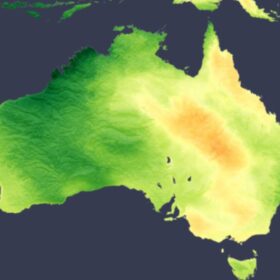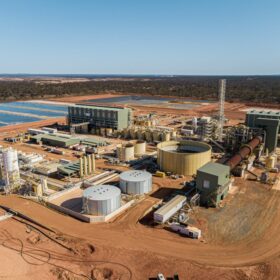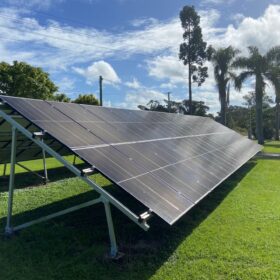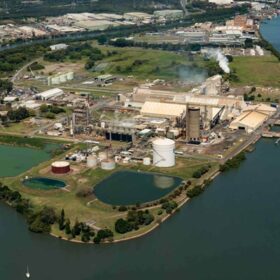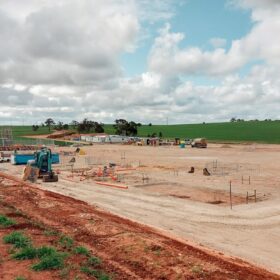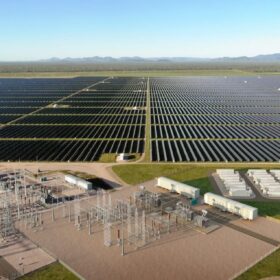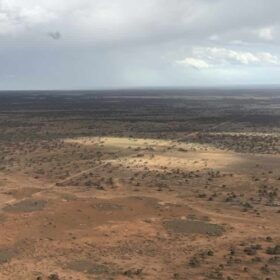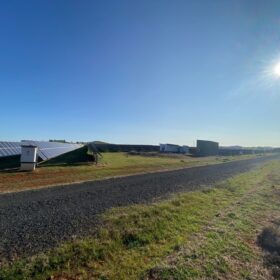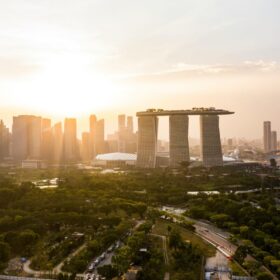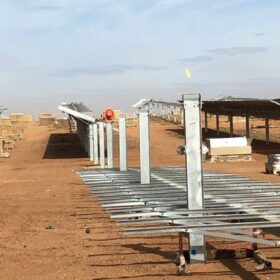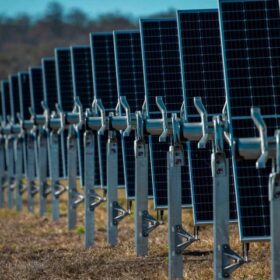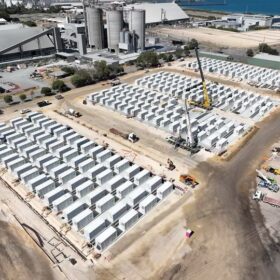Cloudier summer predicted for Australia’s east coast solar
Solcast, a DNV company, reports that the upcoming Australian summer is likely to see cloudier than usual conditions, potentially reducing solar generation across key regions, especially along the east coast.
Lynas leads way with Australia’s first rare earths processing plant
Australia’s first rare earths processing plant has officially commenced operations with the $800 million Kalgoorlie facility expected to strengthen the nation’s place in the global critical minerals supply chain.
Australia pledges $125 million to support Pacific’s renewable energy shift
The Australian government has announced a $125 million funding commitment to help deliver off-grid and community scale renewable energy projects in remote and rural parts of the Pacific.
Sale plans put end to Fortescue green hydrogen project
Fortescue’s plan to build a large-scale green hydrogen and ammonia complex at Gibson Island in Queensland appears to have been officially abandoned with the site owner revealing its intent to sell the land.
Global partnership opens new opportunities for Zen Energy
Australian energy gen-tailer Zen Energy is considering offshore opportunities, eyeing energy storage and green hydrogen projects in Taiwan and potentially other countries after securing a $43 million investment from Taipei-listed developer HD Renewable Energy Co.
Pacific Blue gets green light for 300 MW solar expansion and 400 MWh big battery
Pacific Blue Australia has secured council planning approval for a 300 MW expansion of its existing 100 MW Haughton Solar Farm and the construction of a 200 MW / 400 MWh battery energy storage system at the north Queensland site.
Developers seek WA approval for 70 GW green energy hub
A 70 GW solar and wind mega-project proposed for Western Australia’s Goldfields–Esperance region has been submitted for environmental approval from the state government.
NSW reveals updated framework to guide renewables planning and assessment process
The New South Wales government has released updated planning guidelines for large-scale renewable energy projects following criticism that the previous framework was slowing the state’s transition away from coal-dominated generation.
Pathway to Singapore’s solar development
Singapore could import large quantities of low-cost solar power from neighbouring countries using undersea cables, with the indicative cost being competitive with gas generation. Unlimited world-class pumped hydro energy storage is available in neighbouring countries in the range 50-5000 GWh to support very large scale transmission.
TotalEnergies secures IPC approval for solar farm and big battery project
French energy company TotalEnergies has won approval from the New South Wales Independent Planning Commission for a 320 MW solar farm and 320 MW / 780 MWh battery energy storage system to be built in the state’s New England region.

